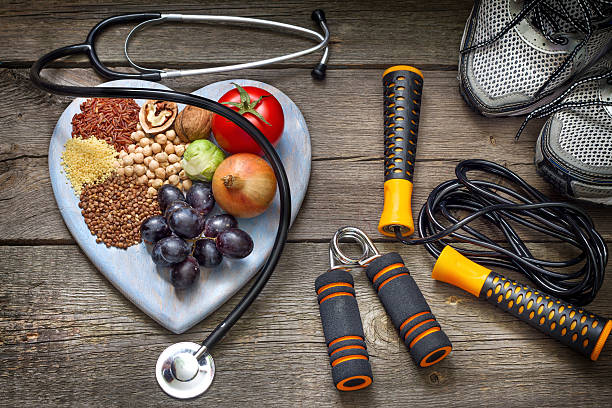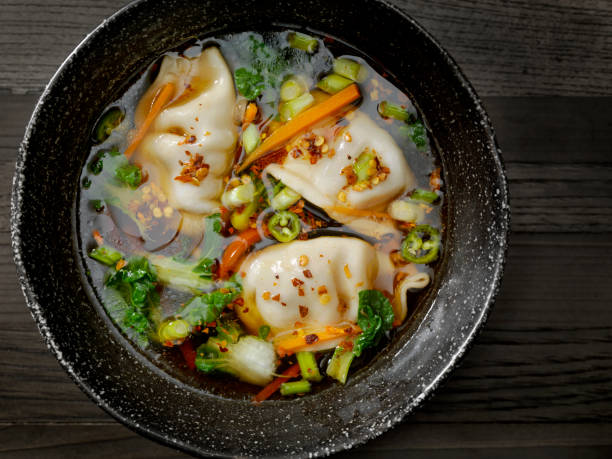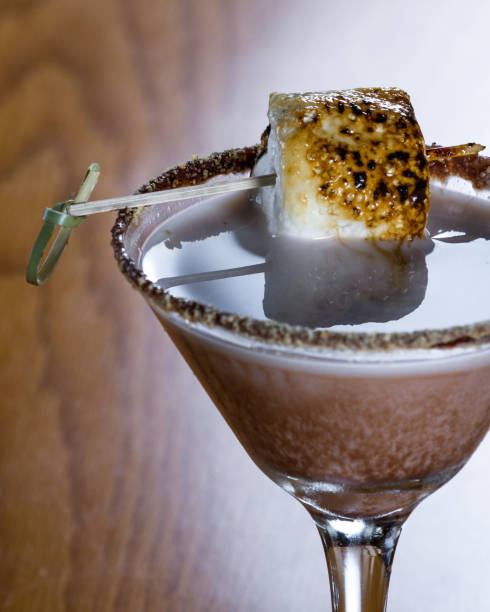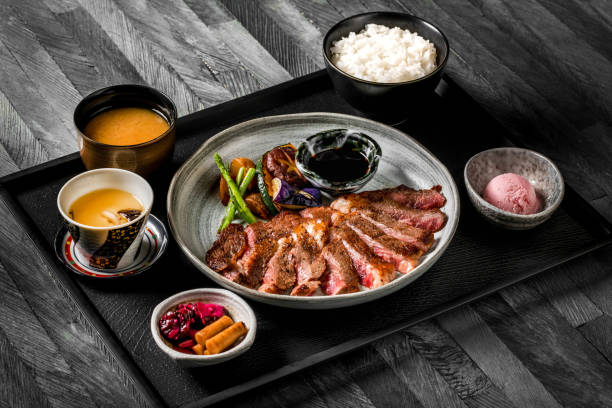I was once a terrible cook and still have a hate/love relationship with food. I don’t believe my relationship with food was healthy or normal. I will show you examples.
I would get up in the morning, make my daily affirmations, stretch and go for a run. Then, I’d go to work and be productive. I would also do a day count to see how many days it took me to eat healthily and not overeat my favorite foods .
I would count to the fourth day, and then I would think about those cookies or bread. I didn’t care if I was following a healthy meal plan, and I wasn’t trying to tell myself that sugar was bad for my health, but I just felt an overwhelming urge to eat. Then, I’d go to the grocery store because I was afraid of my favorite foods, and I felt out of control around them.
The first few bites were great, as I was deprived of many foods and had to accept that my brain craved them. But after those few bites, I couldn’t stop eating.
It was almost as if I was eating chips because I had to, not because I wanted to. It was a relief to be eating, but it also felt almost like I was in control of my eating.
Shame and guilt
I felt like a failure the next day and would feel guilty and ashamed, so I started my day counting how many times I ate “healthy”.
It went on for many years until I finally realized that trying to eat healthily was the most harmful thing I was doing. This created a feeling of restriction and broke my heart for my overeating. It also lowered my self-esteem and caused binges and emotional eating.
After many years of research, it became clear that I was healthy and fit. There is tons of scientific evidence that dieting, restricting food or food groups, counting calories, and dieting doesn’t work. It is the main reason for emotional eating episodes, weight gain (from Yo-Yo dieting), and binges.
This cycle can make you feel like food is too powerful over you. If you want to establish a healthy relationship between food and your body, I recommend redefining what healthy eating means to you.
Five steps to improve your relationship with food
These are some tips to help you reflect on and heal your relationship with food.
-
Be open to body acceptance and self-love
Positive affirmations about yourself or your body are one way to change your brain and make you more accepting of your body and less sensitive about its size. Before writing affirmations, be aware of your attachments to negative judgment about your body.
How often do you weigh yourself and compare yourself to others?
These beliefs can be detrimental to our self-love and healing journey. They can also cause us to restrict our exercise, eat, or overeat to feel more comfortable with our bodies. It is important to get away from social media to work on authentic self-love. You should not compare your body to others. Instead, write down some affirmations that will help you accept your body and be grateful for its gifts.
-
Be open to all your food choices and work towards true acceptance
Sometimes we don’t realize how many judgments and binary thinking we make about food. While we might think there are healthy foods and unhealthy foods, what if food were “just food”? We have the freedom to choose every day. One of the ten principles behind Intuitive Eating is to make peace with food and let go of the notion of “good” or “bad” foods. Intuitive eating is an approach to eating that focuses on your inner desires and hunger cues rather than following any external nutrition rules or self-help gurus. This is the first step in letting go of all judgments about our food.
It is also possible to reflect on our extreme food choices. Black and white thinking about food can mean that you eat no cake or all of it. This could mean you eat only low-carb or go on a carb binge. Why? We judge our food choices and don’t fully accept them. This can cause stress reactions that can disrupt our balance. If we don’t eat according to our meal plan or overeat, we might judge ourselves negatively. However, the more negative judgments we place on food, the more power it has over us.
-
Concentrate on abundance
Ask yourself: If food was just food, what would YOU eat today? Listen to your instincts and desires, be in touch with your body’s hunger and fullness signals, and resist the temptations of food judgments. The Health At Every Size book by Dr. Linda Bacon and other books like Christy Harrison’s Anti Diet are all diet-free ways to heal your relationship with food.
Research has shown that dieting and restriction are the most important causes of binging, emotional eating, and overeating. Our bodies respond to deprivation and restriction by activating survival mechanisms that cause us to crave food more intensely. You can be open-minded and not restrict your mind, and your body’s survival instincts, stress receptors, and urges to overeat will turn off by themselves if you keep an open mind.
-
Do not shame or stigmatize yourself for binging or overeating
Perhaps you overate or ate when you weren’t hungry. You have options! It doesn’t mean you are broken or need psychological help. It will be easier to continue practicing positive, non-judgmental behaviors the less you judge yourself.
Your body is intelligent and can sometimes “binge”. This is because your body has gone through years of calorie counting, yo-yo dieting and calorie counting, and your body is now in starvation mode. A binge could signify that dieting isn’t working and your body needs balance. It’s that simple.
-
Community empowers you
You can find other like-minded people to support you on your journey to heal your relationship with food. Today’s world is obsessed with diet and health. Many gurus and coaches want to tell us what to eat. We might hear our colleagues share their latest exercise and healthy food plans at work.
It can be scary to trust yourself and feel empowered about your food choices at first. It is important to surround yourself with like-minded people who believe that diets and restrictive lifestyles don’t always lead to a healthy lifestyle.




